Our Anti-COVID Measures as we Re-open the Nursery
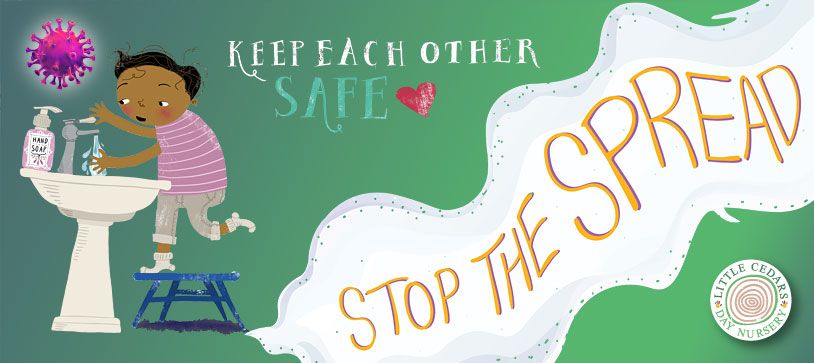
On June 1st, we re-opened Little Cedars Nursery at its Aldrington Road setting in Streatham, London SW16 1TU. Our thanks go to staff at our sister nursery, Beechcroft Nursery, for joining forces with us during the lock-down, to look after children of key workers alongside us. It’s wonderful to be back, though, as we can welcome old faces and new to our Streatham nursery and pre-school.
In view of the Government only recently easing the lock-down restrictions and with coronavirus still potentially at large, we have implemented stringent new health and safety measures at the nursery. These are being implemented to safeguard the health and wellbeing of babies, children, parents and staff.
“Everyone’s health is our topmost priority.”
Health & safety measures to keep you & your child safe from COVID-19
Here, we’ll outline what we are doing to keep you, you child and everyone at the nursery safe and well. These measures go well beyond Government guidelines and may be of comfort to those parents who are, understandably, a little nervous of sending their little ones back to nursery or pre-school so soon after lock-down.
Social distancing & extensive use of outdoor spaces
Moving much of the curriculum to our large outdoor areas will significantly reduce the risks that would otherwise be associated with more confined, indoor spaces. Outside, children are naturally going to have more room to themselves and the air they breathe will be cleaner – and will disperse to the atmosphere naturally. And, of course, we are ensuring everyone maintains good social distancing generally. Outside, we have made sure that there are sufficient covered areas outside to protect children and staff from the weather.
Small ‘bubble’ groups
We are also keeping babies and children within small ‘bubble’ groups. This will ensure that they are mixing with only a tiny number of individuals on a day-to-day basis. This vastly reduces the risks of catching contagions from one another. The bubble groups will be a size of 3, 4 or 6 children, depending upon the age group they fall into.
Limited numbers
Another excellent safeguarding measure is to limit the number of people attending the setting. For this reason, we will not take the nursery to full capacity while coronavirus is still at large. Again, this


 It may surprise some to learn that you can buy some vegetables and herbs just once and never have to buy them again. The secret is knowing which, and how to re-grow them. It turns out that it’s pretty easy, so we encourage parents to help youngsters get started. Once they see growing shoots or roots and, later, vegetables or herbs that the family can actually eat, they’ll be so pleased that they made this little miracle possible. What’s more, it will have taught them something about where food comes from, how to grow it sustainably and how to look after the living plants. If you’re really lucky, it may even encourage them to take things a step further and get involved in food preparation and cooking later on. It’s amazing, actually, where such a simple, fun, activity can lead!
It may surprise some to learn that you can buy some vegetables and herbs just once and never have to buy them again. The secret is knowing which, and how to re-grow them. It turns out that it’s pretty easy, so we encourage parents to help youngsters get started. Once they see growing shoots or roots and, later, vegetables or herbs that the family can actually eat, they’ll be so pleased that they made this little miracle possible. What’s more, it will have taught them something about where food comes from, how to grow it sustainably and how to look after the living plants. If you’re really lucky, it may even encourage them to take things a step further and get involved in food preparation and cooking later on. It’s amazing, actually, where such a simple, fun, activity can lead! It’s possible, and indeed fairly easy, to grow your own produce even without a garden. So long as you look after your plants and give them water, soil and light as a bare minimum, they will grow. If you don’t have a garden, perhaps you have a small courtyard or patio where you can grow in containers. If you don’t have any outside areas at all, you can grow in flower pots and other containers on window sills, balconies, under skylights and so on. This makes growing produce possible almost anywhere, including in urban London in high-rise flats. After all, it’s in a plant’s nature to want to grow.
It’s possible, and indeed fairly easy, to grow your own produce even without a garden. So long as you look after your plants and give them water, soil and light as a bare minimum, they will grow. If you don’t have a garden, perhaps you have a small courtyard or patio where you can grow in containers. If you don’t have any outside areas at all, you can grow in flower pots and other containers on window sills, balconies, under skylights and so on. This makes growing produce possible almost anywhere, including in urban London in high-rise flats. After all, it’s in a plant’s nature to want to grow.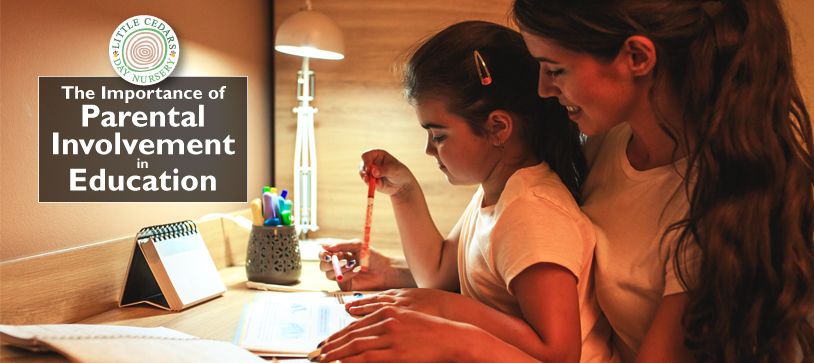
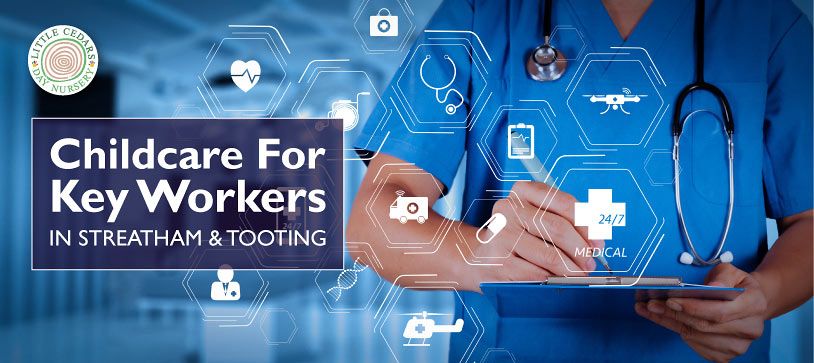

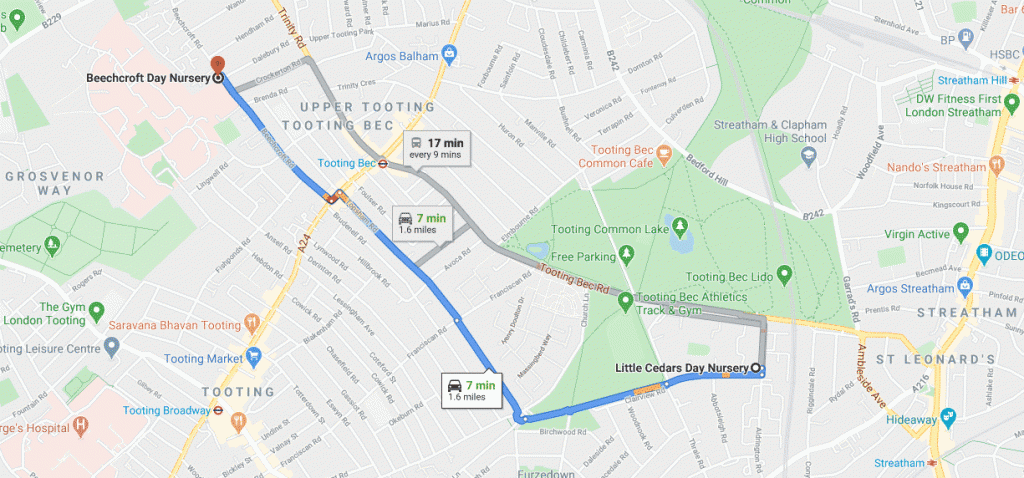
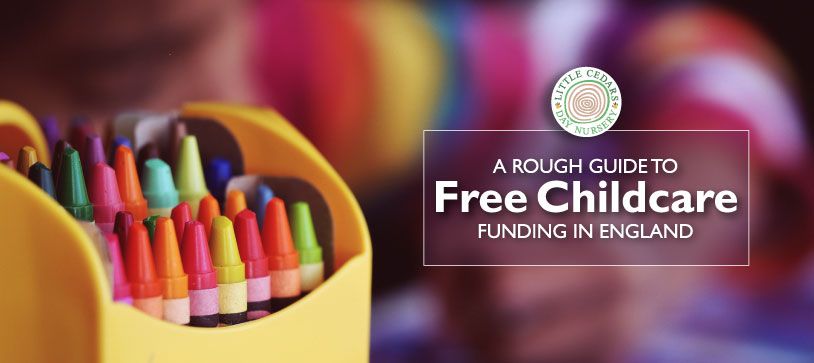

 Please follow Little Cedars Day Nursery on social media. Social media is a great way to see what’s going on and to catch up on news, events and day-to-day happenings at the nursery. It’s also a great way to stay informed about anything anything interesting going on in Streatham that may be relevant to parents and children. Our nursery and pre-school is now on Facebook, Twitter, Instagram, Pinterest and Google My Business, so you can connect with us if you are on any of these platforms. So, it’s now simple to keep your finger on the pulse! Simply connect with us today at one or more of the following …
Please follow Little Cedars Day Nursery on social media. Social media is a great way to see what’s going on and to catch up on news, events and day-to-day happenings at the nursery. It’s also a great way to stay informed about anything anything interesting going on in Streatham that may be relevant to parents and children. Our nursery and pre-school is now on Facebook, Twitter, Instagram, Pinterest and Google My Business, so you can connect with us if you are on any of these platforms. So, it’s now simple to keep your finger on the pulse! Simply connect with us today at one or more of the following …